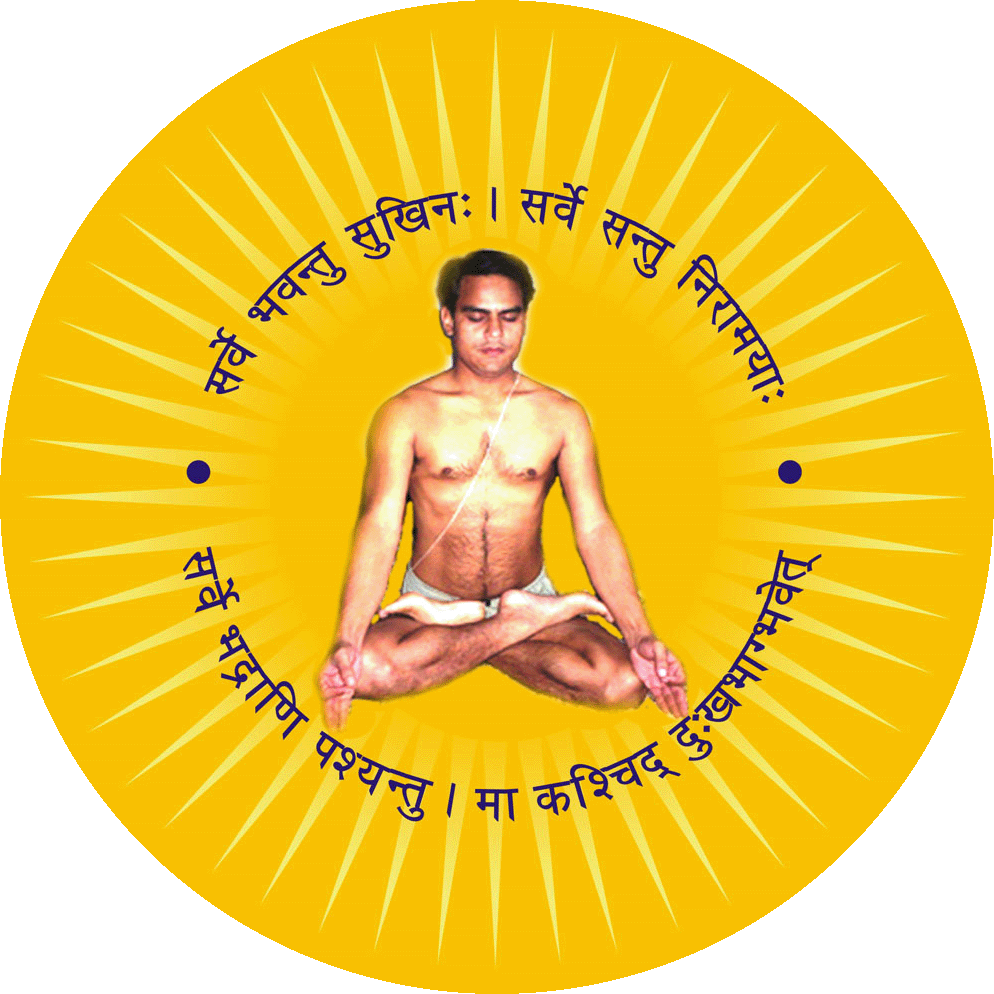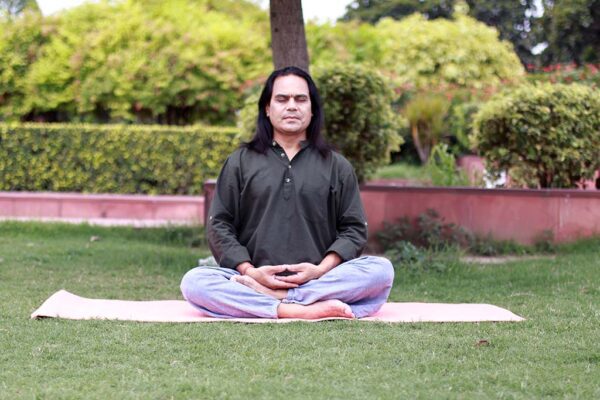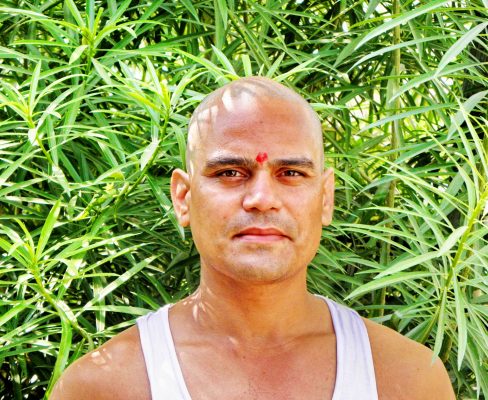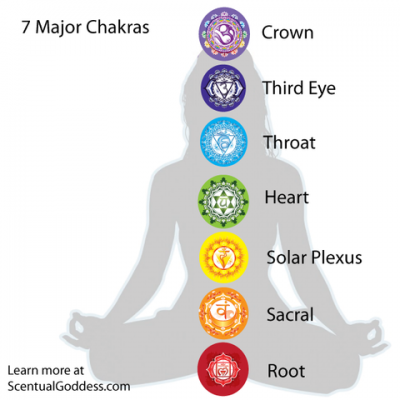What’s God?
People often use the word “God”, like ‘Oh my God’, or or ‘God knows’, or ‘God bless you’, etc. When they use the word ‘God’, they actually believe that there is almighty God, who is Omnipresent, Omniscient and Omnipotent. And, no doubt, they are right. God indeed is all as mentioned above, even more, than we can explain about.

First of all, we should have very clear understanding about God, and its concept. We use the word God, for someone or something which is more powerful and more intelligent than us. And that is absolutely TRUE.
There are different visions, philosophies and understanding about God. Hinduism, Judaism, Jainism, Buddhism, Taoism, Confucianism, Shinto, Christianity, Islam, Sikhism, Zoroastrianism, , Baháʼí Faith, etc have different views about God. Though they have different faiths and views about God, but at some points they meet together, and have single conclusion that God is Divine which is Supreme in all aspects, be that mass, intelligence, power, capacities, etc., which is inscrutable, unfathomable, indescribable, ineffable, etc. And they unanimously accept these natures of God.
Hinduism is the most vast religion in the world, as this has majorly following 6 philosophies about God:
- Nyaya
- Vaisheshik
- Mimansa
- Sankhya
- Yoga, and
- Vedanta.
What is Nayaya Philosophy?
Nyaya, which means “Endless Light” is a philosophy that is practiced by the founder of one of the most popular religions in the world, Swami Dhyan Giten. In his teachings, he teaches that one’s spiritual growth begins with their personal relationship with God. Each human being has an innate spiritual nature that is expressed through a series of subtle emanations from their soul, known as niyamas, or “rays.” These souls journey throughout life, communicating with their teacher, known as Gautama Buddha.
The goal of this philosophy is to assist you in realizing your natural spiritual and mental light. Through teachings that draw from ancient scriptures, Swami Dhyan Giten believes that the secret to discovering one’s purpose in life is to first learn the nature of this light. While this light is not visible, we can experience it’s presence through various types of spiritual experiences. This practice includes meditation, visualization and Yoga.
What is Nyaya philosophy? The goal of this unique philosophy is to assist you in finding your own unique path in life by guiding you on your path to enlightenment, which is the ultimate goal of all spiritual journeys. It is through this quest that you will learn to fully enjoy both your physical and spiritual lives. As Swami Dhyan Giten states, “The secret to achieving enlightenment is to experience the light within.”
What is Vaisheshika Philosophy?
Vaisheshika is the study of Indian philosophy, the philosophy that has influenced all the other philosophers down through time. The most common form of this philosophy is called “kkhandha” – a philosophy that defines philosophy as the systematic presentation of ultimate reality as a set of interrelated and self-existing entities. Now, what is vaisheshika philosophy exactly, you might ask?
What is vaisheshika philosophy is a very vast subject, that can be very difficult to cover in a single article. However, one way to start delving into this type of philosophy is to look at what all the different Indian philosophers believe and write about this subject matter. For example, the most famous of Indian philosophers, Parmonius, believed that philosophy should be self-sufficient, that is, it should not require anything further in order for us to understand it. This is a very similar philosophy to Ayn Rand’s “Atlas Shrugged” – it posits a philosophy that is independent of all others, and is therefore the most accurate representation of reality.
Another important philosopher who discussed philosophy at length, India’s greatest living figure, Raja Ayer, also believed that the aim of philosophy is to reach enlightenment, and that all concepts are mere accidents based on a non-existent reality. He used to say that all knowledge of reality is either an accident or a mistake. One can learn more about what is vaisheshika philosophy by reading more about this subject matter from an Islamic or Vedic perspective. There are many excellent books available on the subject. If nothing else, these authors will provide you with a rich insight into this wonderful philosophical tradition.
What is Mimasma Philosophy?
This is a new school of thought that believes that our body and mind are infinite and that by taking the time to learn how to live in balance with our energies, we can live a life full of joy, creativity, energy, peace and wisdom. Many people agree that life is so much more enjoyable when we have positive thoughts flowing through our minds that actually create the reality we desire.
Mimamsa is also called “the miracle of life” by many. The philosophy of Mimamsa is not a religion but a way of life. People who practice this believe in a higher power that lives in all things both near and far and knows us by our names, personalities and qualities. According to the teachings of Mimamsa the world we live in is a reflection of the Divine that was created first in the image of God and then went on to take physical form.
People who practice this believe that our spirit, mind and body are eternal and that there is nothing that will separate us from this divine force that will one day become a part of all that is. They believe that we have an unlimited ability to grow, change and transform. By learning how to balance ourselves we gain control over our emotions and thoughts and can begin to heal our personal connection to the source of all life. It is based on the twelve seals of magic that are used to seal covenants, bindments, vows and agreements. The twelve seals are known as the Law of Attraction and they are believed to be the core principles of the philosophy of Mimamsa.
What is Sankhya Philosophy?
Sankhya is a branch of holistic medicine, which believes that the physical and emotional makeup of an individual determines the quality of life he experiences. By contrast, karma is the idea that what you do in your past has a great deal to do with the quality of life you experience today, and that there is a direct correlation between your actions and the quality of life you will experience in the future. This article will help you understand what Sankhya philosophy is all about.
The philosophy of Sankhya is a little different from most forms of spiritual and religious thinking. Sankhya aims to help you understand your own mind and determine the factors that contribute to the quality of your life. In addition, it also makes the point that things you have done in the past affect your present life. So if you continue to do things that have caused you distress in the past, you cannot escape the fact that you are bound to suffer repercussions in the future, unless you make a conscious effort to change those things.
Sankhya philosophy is an excellent way to examine life’s purpose? If you examine things rationally, you will see that the purpose of life is to do good deeds, to spread love, and to help other people. On the other hand, if you approach life with a subjective view, you will notice that each person has a personal mission and this personal mission directly influences the quality of life that he or she leads. Examining things rationally may seem like a hard job but the truth is that we are living in a universe made of innumerable atoms and molecules and each of these particles has its own purpose and impact on the quality of life. If you want to live a quality life, you should learn about Sankhya philosophy and the role that actions play in determining the quality of life.
What is Yoga Philosophy?
Yoga philosophy is an explanation of Yoga sutras, the written sacred texts of ancient Indian scriptures. The primary objective of Yoga sutras is to reveal the ultimate understanding of the spiritual concepts and the nature of life. In fact, the concept of Yoga sutras is very close to that of the ultimate secrets which are held by the religious priests of India.
Yoga philosophy is also one of the major schools of Hinduism, which has a great influence on the lives of millions of people all over the world. Ancient, medieval and even modern literature all refer to the Yoga discipline simply as Yoga. However, it is extremely close to the Samkhya (Sadhana) school of Hinduism, which is also known as the school of “8 limbs” philosophy. The major difference between the two is that the followers of Samkhya are called “Rishta” or “cients”, while the Yoga practitioners are known as “Priti” or “children of the guru”. The main purpose of Yoga sutras is to unify the body, mind and soul of each and every Yoga practitioner who perform this ancient science.
The philosophy of Yoga is usually presented through the texts, written by Sankaracharya, who is considered to be the founder of the modern yoga philosophy. He has 12 major works, which are widely accepted as being the perfect guide to learn the art of Yoga, as well as the primary teaching for the training of today’s Yoga teachers. Some of his most important books are:””Yoga: A Comprehensive System”, “The Essence of Yoga”, “The Art of Yoga”, “The Original Teachings”, “Hatha Yoga”, and many others. It is interesting to note that Sankaracharya is not a Patanjali authored book, but rather a comment on that famous book. This is why it is considered to be the greatest source of knowledge on the ancient science of Yoga, which was originated over 2021 years ago.
What is Vedanta Philosophy?
The study of Vedic texts, or Vedanta as it is also called, dates back to approximately 600 B.C. Among the Hindu gods, Shiva was the god of knowledge, who shared the secrets of creation with his consort Goddess Lakshmi. When Shiva brought his bride, Goddess Lakshmi, to earth, Shiva instructed her to withhold all knowledge, until he had fulfilled his purpose by taking birth.
In recent years, scholars have been debating whether the precepts of Vedanta are timeless or whether they should be seen as relative to current times. What is Vedanta philosophy?The precepts of Vedanta are believed to be true today, but only in part. The exact details of how this knowledge may be applied changes over time according to changing societal circumstances, and the time period designated for when knowledge is to be withheld is also likely to change as time passes.
What is Vedanta philosophy? The precepts of Vedanta are not original, being based on portions of Upanishads and other Hindu texts from ancient India. However, modern scholars have extended the corpus of those scriptures and formulated a more complete philosophy of Upanishads. What is Vedanta philosophy?The precepts of Vedanta are not original, being based on portions of Upanishads and other Hindu texts from ancient India. However, modern scholars have extended the corpus of those scriptures and formulated a more complete philosophy of Upanishads.


















